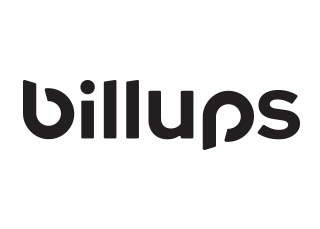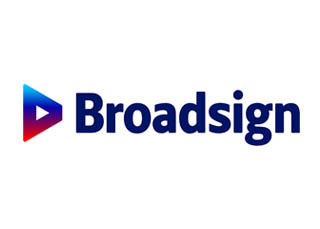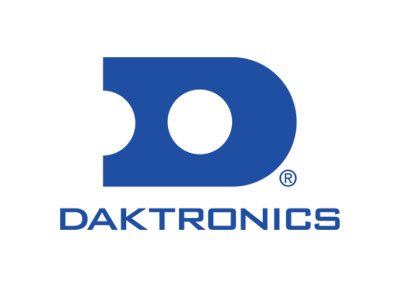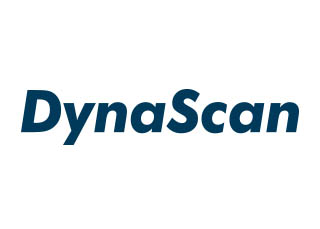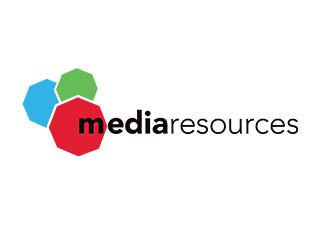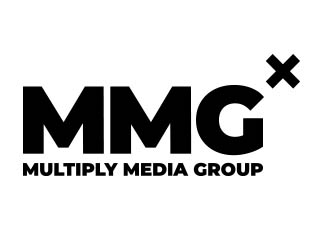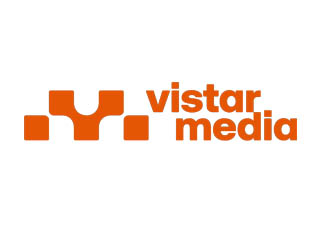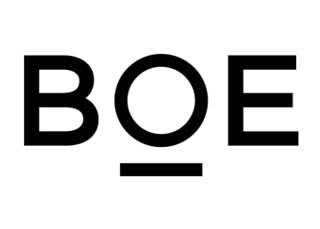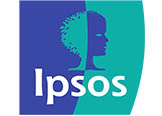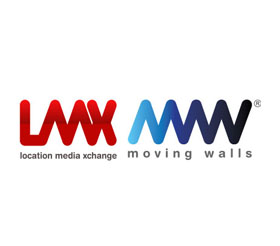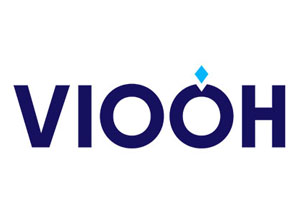Despite the general consensus of a not –too- impressive year, passedon 2017, by practitioners and other stakeholders in the nation’s integrated marketing communication industry, not a few however still believe that the year is not without some positive highlights that stood it out, from those preceding it.
For many, one of those factors that held down the industry, in the outgoing year, is the continued absence of a governing council for its apex regulatory body, the Advertising Practitioners Council of Nigeria (APCON).
For instance, the body had been without a governing council since the last one headed by Mr. Udeme Ufot, the SO & U boss, was dissolved by the incumbent Information Minister, Alhaji Lai Mohammed, shortly after assuming office.
And not a few believe that the minister’s action, and his subsequent refusal to constitute a new board for APCON, have continued to take its toll on this multi-billion naira industry.
The argument among stakeholders is that, besides not allowing for effective regulation of the industry, absence of a governing council has continued to slow down activities that would have been of immense benefits to the industry.
The governing council of the regulatory body saddled with the ‘power to do anything which in its opinion is calculated to facilitate the carrying out of its regulatory functions’, according to the law setting up the agency, it is expected to consist of a chairman, who must be a fellow of the profession, seven elected persons and two representatives from the nation’s institutions of higher learning, .
Sharing his view on the development, the Group Managing Director of Noah’s Ark, Mr. Lanre Adisa, believes that not having a governing council for APCON had made the industry the worse for it, this year.
“Though we have been able to get a way round it, but I believe it would have been better if the governing council had been in place,” he argued.
According to him, in the past few years, outstanding members of the advertising profession had not been able to get the honorary of APCON since it is only the governing council that can confer such honours on individuals.
“The wrong message we are sending out is that the industry is not growing; since no individual in the past few years had been deemed qualified for the honorary fellowship title of the practice,” argued another practitioner, who craved anonymity, while commenting on the development.
The practitioner, a senior fellow of APCON, described the inability of the apex regulatory agency in the industry to produce more fellows of the practice as very negative for advertising practice in the country.
The marketing profession was not without its own fair share of the 2017 challenges; albeit self-inflicted, too. For instance, what started like every other peaceful year at the Head Office of the National Institute of Marketing of Nigeria (NIMN), in Lagos, was to be shattered, later when the Tony Agenmonmen-led council of the institute, decided to do away with 28 out of its 31-member workforce, and also shut down the zonal offices of the institute.
Expectedly, this was not without a fierce protest from some of the disengaged staff, who felt the disengagement process ‘did not pass the integrity test’.
It was obvious that the institute, and by extension, marketing practice in the country was set for another round of unrests. The aggrieved individuals were ready to go full throttle to ensure they were not inappropriately disengaged.
“Can we say the recruitment process handled by the professional HR Consulting Agency really passed an integrity test when the process retained only three old employees out of which only one of the retained staff applied and was interviewed for a new role?” the disengaged staff had argued, in their protest letter to the leadership of the institute.
But the council was adamant too, insisting the whole exercise was done in good faith!
Interestingly, the crisis that started in the first quarter of the year did not get resolved until the twilight of the year, a development that really held marketing activities back in the year.
Perhaps an indication that the institute has been able to put the ugly development behind it was its eventual relocation of its former office from the GMD Complex, in Shangisha area of Lagos, to a more befitting one in Ikeja GRA.
Besides, it also held its annual Best Marketing Student Award Ceremony, a very key programme in the institute’s calendar, where marketing students of the nation’s higher institutions honoured annually.
Perhaps, the worst hit sector in the industry, in the outgoing year, remains the Out –of- Home sector in the advertising landscape.
Besides the economic recession that ravaged different sectors of the nation’s economy, and which also took its toll on the outdoor advertising business, another major challenge faced by practitioners in the sector during the year was over-regulation, especially from Lagos State government, a development many believe, has not helped the cause of outdoor business in the state.
It is on record that practitioners here have been having a running battle with the Lagos State Signage and Advertising Agency (LASAA), the agency saddled with the responsibility of regulating outdoor advertising in the state, over some of the policies of the agency, considered inimical to the growth of outdoor advertising business in the state.
For instance, some of their grievances against LASAA had been, among others, the agency’s insistence on payment for vacant billboards, a policy they described as a major disincentive to outdoor business in the state.
“The year has been very challenging. Very tough. The regulatory environment is stifling outdoor business. Remember advertisers patronise us, not because they like us, but because they want their products promoted. But if they realise the cost of doing this, with us, is becoming unreasonable, they look for alternatives, the way they’ve been doing, of late”, explained Mr. Emma Ajufo, a foremost outdoor practitioner and the Vice President of Outdoor Advertisers Association of Nigeria (OAAN), the umbrella body of outdoor advertisers in the country.
While Lanre Adisa of Noah’s Arks would also declare the outgoing year as tough, challenging and demanding, he is however of the opinion that it is not without its positives too for the creative industry.
The Noah’s Ark’s boss sees 2017 as that year some creative agencies were able to make a statement both on the local and global scenes, a development he believes portends growth for the industry.
“Though the outgoing year was a challenging one for business in generally, due to economic recession, experienced at the beginning of the year, but I don’t think it’s all about negatives. For instance, the performances of some the nation’s creative agencies on both the local and global scenes are indications that there were some form of growths in the industry, this year.
“What makes this more memorable is the fact that the performances were not all from the established agencies, within the industry. Relatively young agencies also made their marks this year,” he said.
Adisa, may not be farther from the truth. for instance, Noah’s Ark a relatively young agency, actually stole the show at this year’s Lagos Advertising and Ideas Festival (LAIF), a creative award aimed at recognising and celebrating creativity within the industry.
For Sola Salako-Ajulo, a consumer activist, said year 2017 was quite memorable for the average Nigerian consumer. Salako, who is the founder of the consumer advocacy group, Consumer Advocacy Foundation of Nigeria (CAFON), argued that though consumers’ rights are still being violated, events in the outgoing year, she noted, bore eloquent testimonies to the fact the average Nigerian consumer is becoming increasingly sophisticated.
“Now they are gradually becoming aware of their rights. Now they know they can protest any bad product or service. That is why we witnessed an unprecedented lambast of products on the social media. Consumers now know that even if they are snubbed and the relevant regulatory agencies refused to take action, they have a space in the social media, where they can go and complain and be heard,” she stated.
“Honestly, we’ve made some progress. Better this year than where we used to be. For instance, the Federal Competition Bill has been passed, all we are waiting for now is for the president to append his signature,” she argued.
The CAFO N boss however berated the Central Bank of Nigeria (CBN) for not being responsive enough to the plight of the consumers in that market segment.
For stakeholders in the nation’s paytv market, the coming of some new players, TSTV and Kwese TV was also one of the defining moments in that market segment in the year.
Though the expectations of many subscribers of the two new entrants, being game changers, were not fully met, but not a few believe their presence had succeeded in providing subscribers with an array of products to pick from.
With Year 2017 gradually heading towards the exit door, stakeholders believe both positive and negative dusts were thrown up in the course of the year, with the majority, however of the opinion that the negatives quite outweigh the positives.

